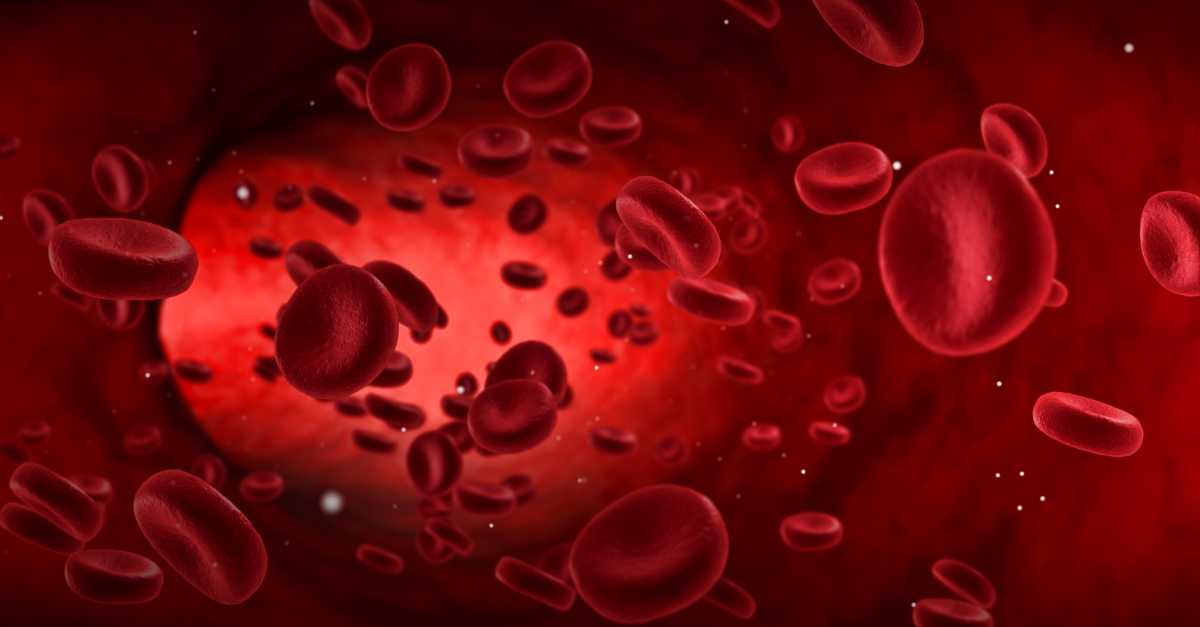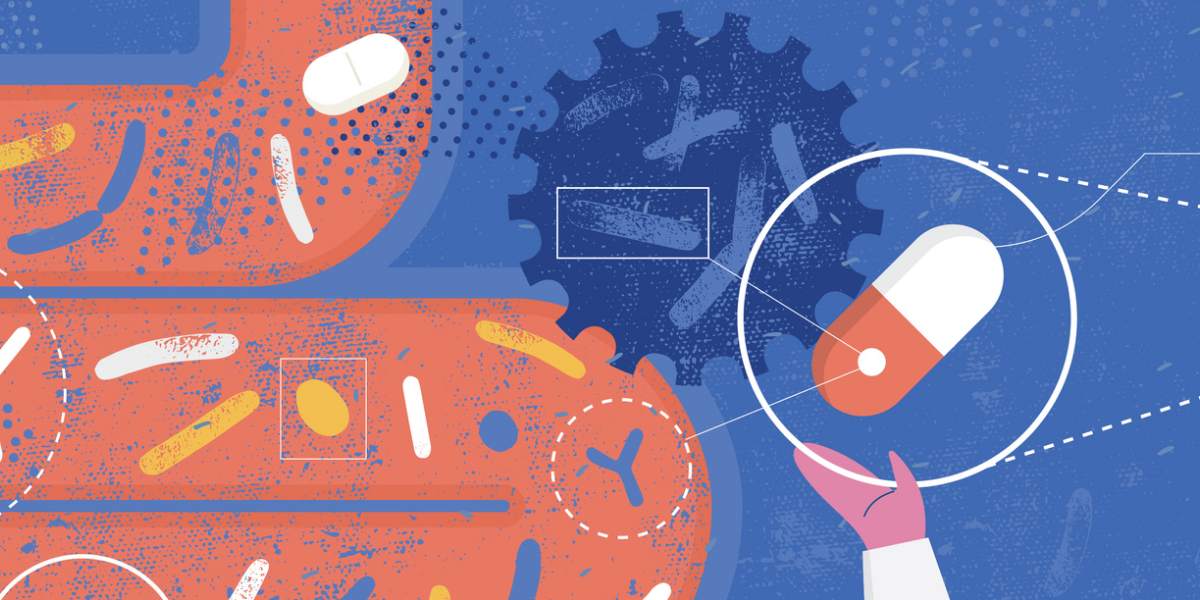Blood vessels are vital for the body and play a key role in diabetes helping to transport glucose and insulin.
Blood vessels can be damaged by the effects of high blood glucose levels and this can in turn cause damage to organs, such as the heart and eyes, if significant blood vessel damage is sustained.
About blood vessels
The three main types of blood vessels are:
- Arteries
- Capillaries
- Veins
Arteries carry blood to the organs and muscles. Capillaries are very small blood vessels which transfer oxygen and nutrients to cells and collect waste products from the cells.
Veins are the blood vessels which carry deoxygenated blood back to the heart.
Blood vessels role in blood sugar levels
Blood vessels play an important role in diabetes as they carry glucose in the blood as well as hormones such as insulin Too much glucose in the blood leads to the symptoms of diabetes.
The body requires insulin to enable glucose to pass from the blood vessels into the cells that need energy.
In type 1 diabetes
In untreated type 1 diabetes , there is not enough insulin in the blood to help transport glucose into the body’s cells.
Type 2 diabetes
In type 2 diabetes , the primary problem is that the body is unable to respond adequately to the presence of insulin, and this also prevents glucose from being transported out of the blood into cells.
How diabetes damages blood vessels
High blood glucose levels over long periods of time are known to lead to the blood vessels becoming damaged. How the damage occurs is not so well understood but researchers have hypothesised how the damage may occur.
Medical theory notes that molecules known as advanced glycation end products (AGEs) are involved in the damage that is sustained by blood vessels. AGEs are the result of fats and proteins that have become glycated through exposure to glucose.
Researchers have found higher levels of AGEs in the blood of people who have developed diabetic complications. [52]
Blood vessels and diabetic complications
If a significant number of blood vessels feeding organs become damaged, the organs affected will not be able to function effectively.
In diabetes, the organs most at risk from blood vessel damage include the heart, the brain, the eyes, the nerves and the kidneys. Organ damage, sustained as a result of high blood glucose levels, is referred to as a diabetic complication.
- Read more on diabetic complications
Atherosclerosis – clogged blood vessels
If blood vessels become damaged, the body will try to protect further damage from occurring by depositing cholesterol.
However, if too much cholesterol is deposit within blood vessels, this can lead to a narrowing of the blood vessels, raising blood pressure and increasing the risk of clogged arteries – atherosclerosis.
Clogged arteries can lead to serious health events such as heart disease and stroke and so it is important to take steps to help keep the blood vessels in a healthy state.
Keeping blood vessels healthy
Health experts advise the following steps to help keep your blood vessels in a healthy state:
- Keeping blood glucose levels within target ranges
- Eating healthily to reduce high blood pressure and high cholesterol
- Taking regular exercise
- Reducing stress
- Reducing alcohol intake
- Quitting smoking
- Losing weight, if you are overweight





